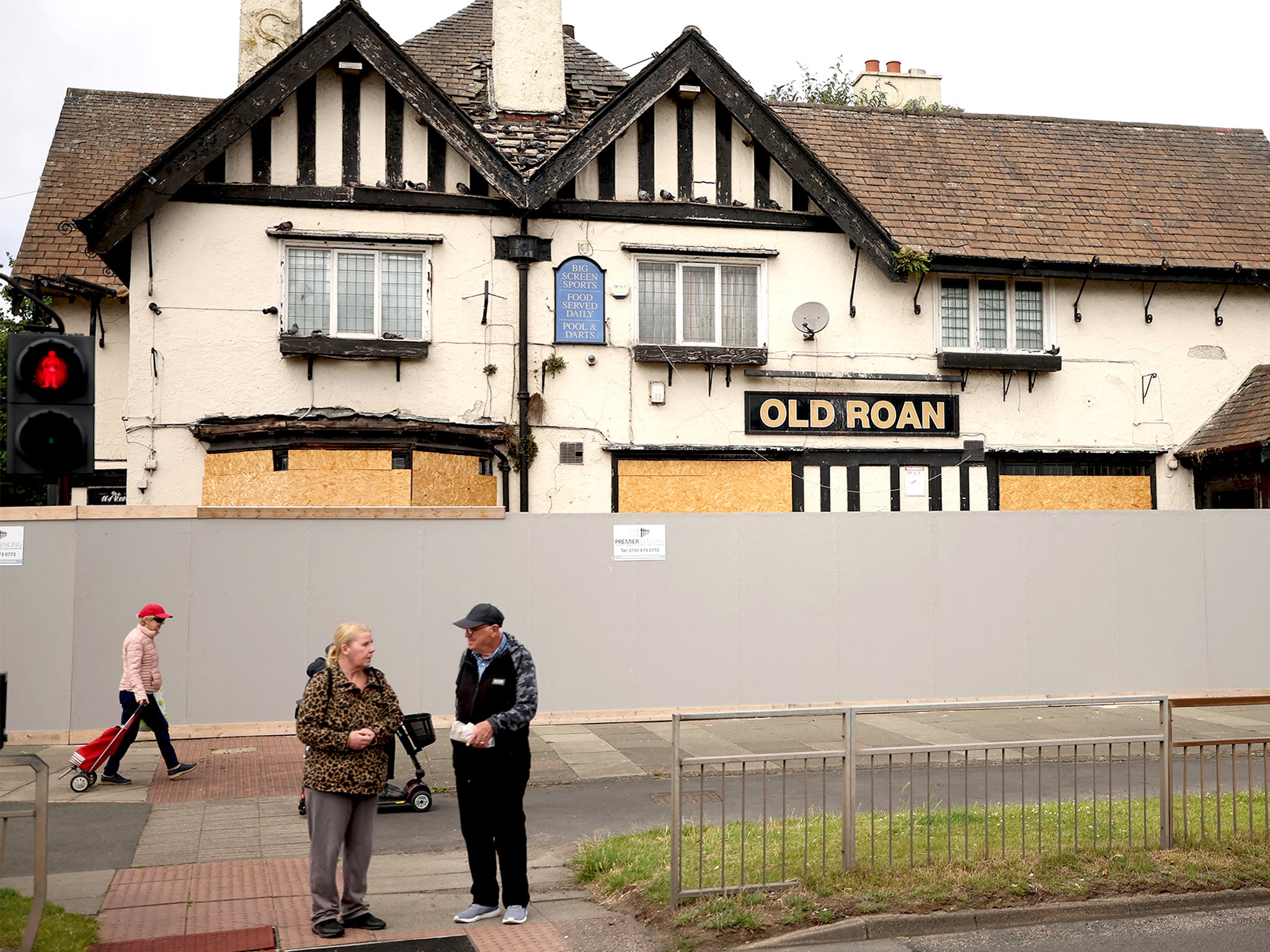What can be done about the decline in pub numbers?
After struggling through Covid-19, the industry now faces rising costs and is calling on the government to reduce its tax burden, writes Chris Stevenson


The number of pubs in England and Wales has hit its lowest on record, according to new analysis that lays bare the impact of the Covid-19 pandemic on the sector – and more recently, the burden of rising energy costs.
Statistics from the Office of National Statistics (ONS) published in December 2019 said that in the year to March 2019 there was a net gain of 320 pubs – the first increase in the ONS stats since 2009. However, the latest analysis – undertaken by real estate consultancy Altus Group – says that the number of pubs across England and Wales has fallen to 39,970, a fall of 7,000 since 2012. That is the lowest number since Altus started keeping records in 2005.
That longer-term trend has been due in part to changing behaviour, including younger people drinking less, and to supermarkets selling (relatively) cheap alcohol. The hospitality industry has also made frequent pleas about the tax burden faced by businesses, as well as rising costs within the sector.
It is no different with the latest numbers. “While pubs proved remarkably resilient during the pandemic, they’re now facing new headwinds, grappling with the cost of doing business in a crisis, through soaring energy costs, inflationary pressures and tax rises,” said Robert Hayton, Altus Group’s UK president.
According to research from the British Beer and Pub Association, the British Institute of Innkeeping, and UK Hospitality, only 37 per cent of hospitality businesses are turning a profit. In the survey, published at the end of June, 74 per cent of businesses report that the biggest economic factor in this is the rising cost of energy, with 55 per cent blaming the cost of goods, and 54 per cent the price of labour.
According to the same survey, almost half (45 per cent) of businesses have been forced to reduce opening hours to avoid closing permanently, and one in six say they have no reserves of cash.
The government has said it has reduced taxes to help, but unsurprisingly, the industry is asking for more support.
Altus says 400 pubs in England and Wales closed last year, and a further 200 closed between the end of 2021 and the end of June 2022. The West Midlands saw the biggest number of pub closures – 28 – in the first six months of 2022, closely followed by London with 24.
Pubs have represented a sector under pressure for many years, but groups such as the British Beer and Pub Association are clear that further government assistance is the only way to prevent an acceleration of the trend. The government may find that it has to act.



Join our commenting forum
Join thought-provoking conversations, follow other Independent readers and see their replies
Comments